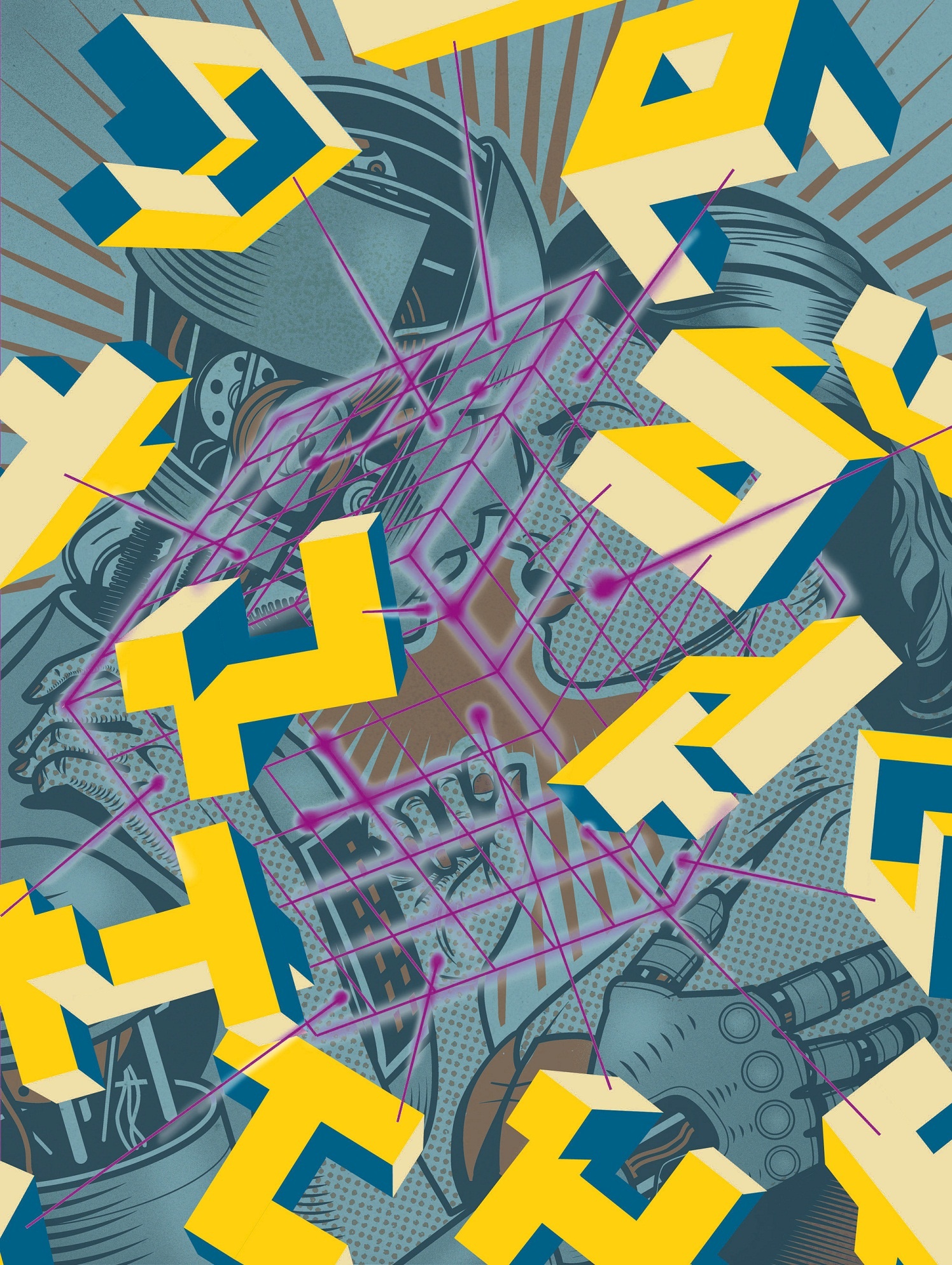
At Müller – Die lila Logistik, we ask ourselves: What will the world of tomorrow look like? Since we do not believe in linear development, the honest answer is that we do not know yet. We only know that it will look different from today and that the changes will come faster and be more fundamental and far-reaching than we could have ever imagined. It is all the more important to illuminate the future from different and unusual perspectives - interdisciplinary and beyond the boundaries of business, science, society, and politics.
We did that. In our book, "VORDENKEN" (ISBN-10: 3000533133), well-known authors thoughtfully consider the future: Prof. Dr. Horst Opaschowski, Ulrich Sendler, Sven Rahner, Dr. Martin R. Textor, Sven Gábor Jánszky, Prof. Peter Klaus, Prof. Dr. Michael ten Hompel, Marcus Franken, Prof. Dr. Götz E. Rehn, Jöran Muuß-Merholz.
Why does a logistics service provider publish a book? We want to know what the future holds, and we believe that innovation requires a willingness to venture onto new and different ways. As our good companion, philosopher Karl Jaspers, stated: "The future is a world of possibilities and a space for our freedom."
Just take a look...
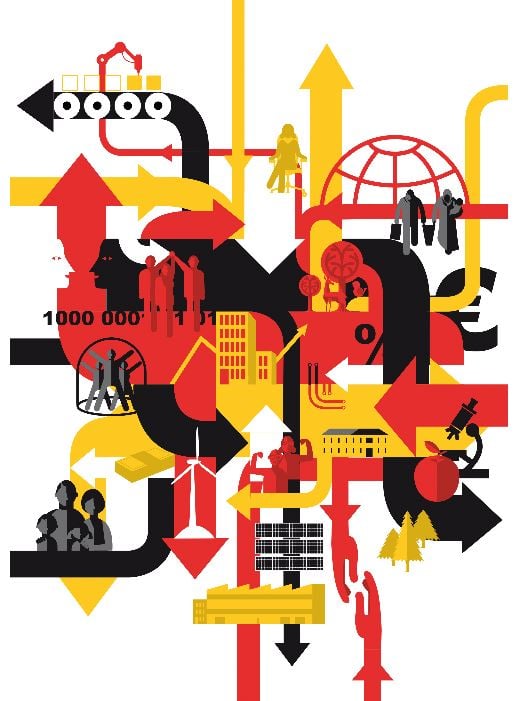
Prof. Dr. Horst Opaschowski
Location: Germany? Standing cannot be talked about in the 21st century: Germany is on the move. It is undergoing multiple changes. Globalization is accelerating the flow of war, economies, and climate refugees. The society is aging. Confidence in politics and political institutions is dwindling. And what are the Germans doing? They rediscover a sense of community.
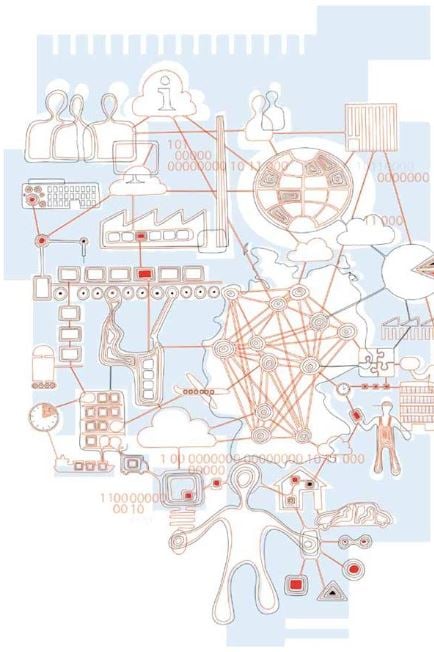
Ulrich Sendler
The idea of Industry 4.0 is developing into a German export hit. However, the concept is rather underestimated within German borders. Maybe it's the name, which suggests that Industry 4.0 is all about further automation of production and smarter factories. But it's far from it. The fourth industrial revolution covers the entire value chain and also includes products. It aims at the digitalization and networking of daily life. Industry 4.0 will change the social reality. A reason for all of the pessimism? Let's take a look into the future.
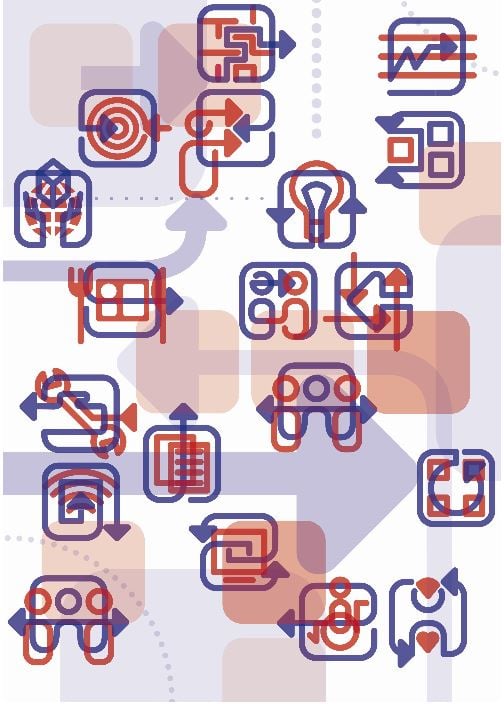
Prof. Peter Klaus
What will tomorrow's logistics look like in Europe? It is not possible to reliably predict which questions to answer in the future, but regardless, we must answer them today. While today's logistics largely satisfies the material needs of companies and people, tomorrow's will increasingly be immaterial. Is it possible to transfer goods-related logistic know-how to the intangible services of the service industry?
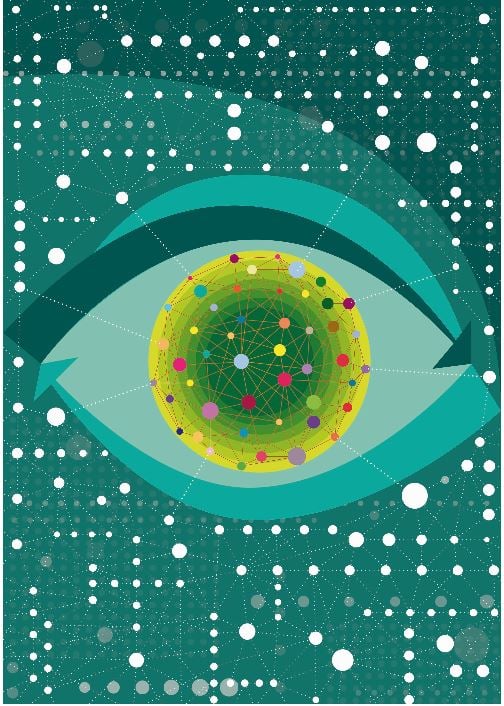
Prof. Dr. Michael ten Hompel
Logistics set things in motion. This raises two questions: Why do we put things in motion? How do we get things moving? While the first question is simple - ensuring that the right product is in the right amount at the right time - it is much more difficult to answer the second question.
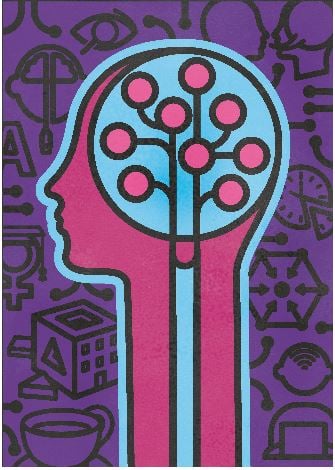
Jöran Muuß-Merholz
In the increasingly fast-moving world of tomorrow, learning becomes a lifelong task. Boundaries between educational areas will be the same as the boundaries between work, education, and training. Training, in particular, will not take place alongside, but at fixed times, in fixed rooms, as an integral part of everyday working life.
Müller - Die lila Logistik SE
Ferdinand-Porsche-Str. 6
74354 Besigheim
Germany